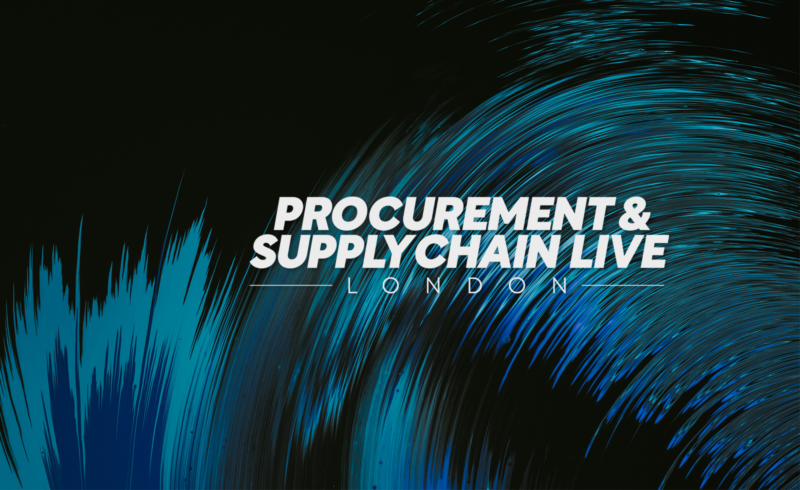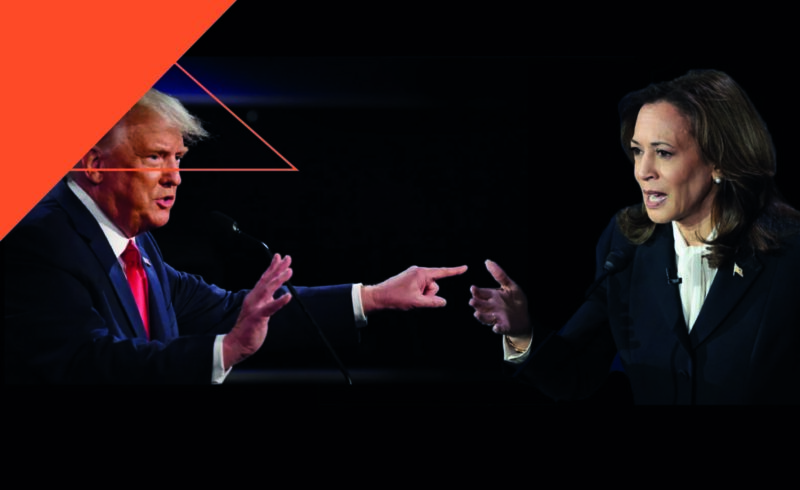The procurement industry is rife with issues – there is mounting stress and demand for cost reduction and risk mitigation across the sector.
Sourcing and procurement departments are not only expected to innovate massively, but to do it imminently as well.
Supply chain risk has always been a part of procurement and sourcing, but now it’s more of a threat than ever. The current main focus of procurement is firefighting – daily efforts to stay on top of and ahead of the world’s latest supply chain disruptions, which these days always seem to be unpredictable and always unprecedented. Companies today are faced with at least some, if not all of the following issues: availability, fluctuating commodity prices, transportation challenges, and increased costs. According to Kushal Nahata, executive at supply chain management company Fareye, “Traditional models of procurement and sourcing systems that used to be useful for organisations have become obsolete in the fact of the post-COVID reality.”
This means that the doors are now open for companies to use new technologies to help them alleviate these issues. Many organisations still view artificial intelligence and machine learning with uncertainty, suspicion, and even fear. As a result, many sourcing and procurement businesses haven’t been able to fully harness the solutions that AI can potentially provide them. Granted, this is still a fledgling area for procurement, and there are currently an abundance of SaaS products out there without demonstrative proof of their usability. However, we are steadily moving out of this era; AI can allow procurement teams to solve complex problems more efficiently and more effectively using algorithmic technology.
AI and machine learning can help with all of the following within procurement:
- Automation of manual tasks (and therefore freeing up time)
- Real-time analytics
- Improving operations
- Capturing supplier/market data
- Anomaly detection
- Risk management
- Spend analysis
Case Study: Coca-Cola
Coca-Cola began partnering with Keelvar, a procurement technology firm, several years ago to help them with their logistics procurement. Now, the firm is providing Coca-Cola with the technology and software to source direct materials in packaging and ingredients. According to Coca-Cola, they have found the most significant value of this partnership to be the “matrix-style pricing to parse out material costs, including raw materials, conversion and logistics costs, and automating the bid cleansing process.” According to Brett Fultz, Director of Global Analytics, Global Procurement and Supply Chain at Coca-Cola, “We began leveraging the solution to help manage one of our most complex categories – global transport. The technology was so effective we quickly expanded its use across our supply chain.”
What Now?
Incorporating artificial intelligence into your supply chain or procurement team isn’t a miracle worker – it’s advisable to start with small problems. Capture as much data as possible from all your current ongoing logistical operations – the more data you give an AI to train with, the better and more accurate its suggestions and automations will be.
It’s also a good idea to be open to experimenting with different providers and types of technologies – as the entire industry of SaaS is still adapting and changing day by day and the first few providers you work with may not be the right fit. It’s important to note that such technology isn’t reserved for just big businesses either; it can be just as helpful for mid-sized ones, depending on your needs. For procurement departments specifically, they should consider investing in AI tools that will improve decision-making using past data.
Hiring Trends and Challenges
With the current state of the world being what it is, it’s no secret that procurement teams across industries are facing unprecedented challenges. This means that even with the introduction of AI or machine learning into your procurement team, tough times are ahead. However, as we can expect companies to continue to adopt technology in this matter, the following trends are likely:
- Incorporating data scientists, coders, and developers to procurement teams to assist in the digitalisation of the industry.
- More hybrid and flexible working models; with procurement specialists being in such high demand, many companies will find themselves capitulating to work-from-home demands.
- Emphasis on supplier relationships – those with a strong track record of successful, long-lasting supplier relations will find themselves in high demand, as the likelihood of maintaining pre-existing relationships helps ensure future availability.
In conclusion, introducing artificial intelligence into your procurement function and sourcing departments may enable you to tackle supply chain challenges at a massive scale. We recommend that for any business looking to be fit for the future, begin evaluating options to insulate your procurement and sourcing departments from any future risks.
Be sure to follow us on LinkedIn to stay up-to-date with all the latest trends and developments taking place across the end-to-end supply chain. Proco Group remains available to discuss any of the market conditions mentioned above and how we can help you navigate supply chain issues. For more insights, click here




